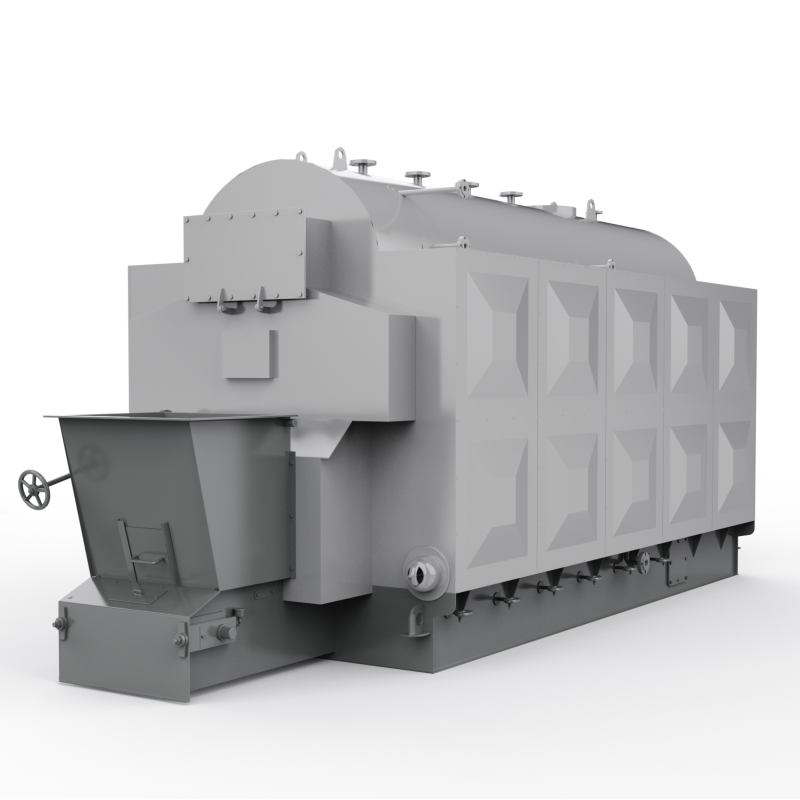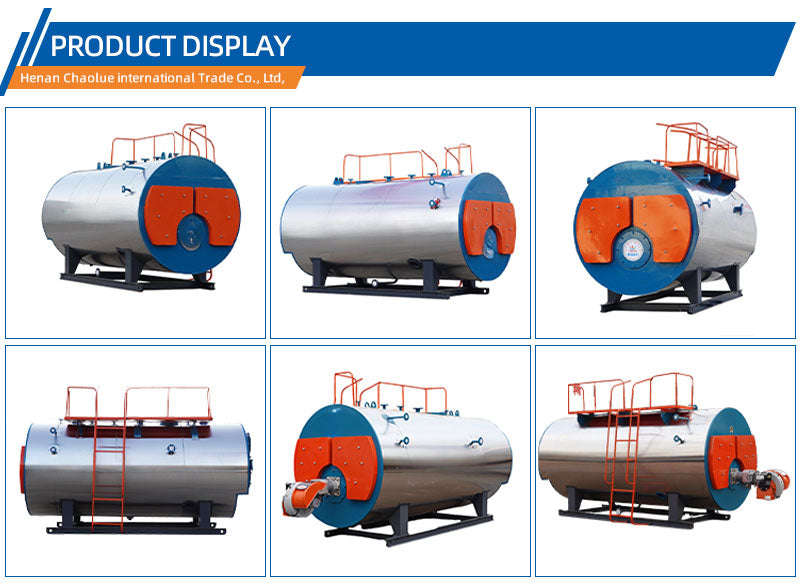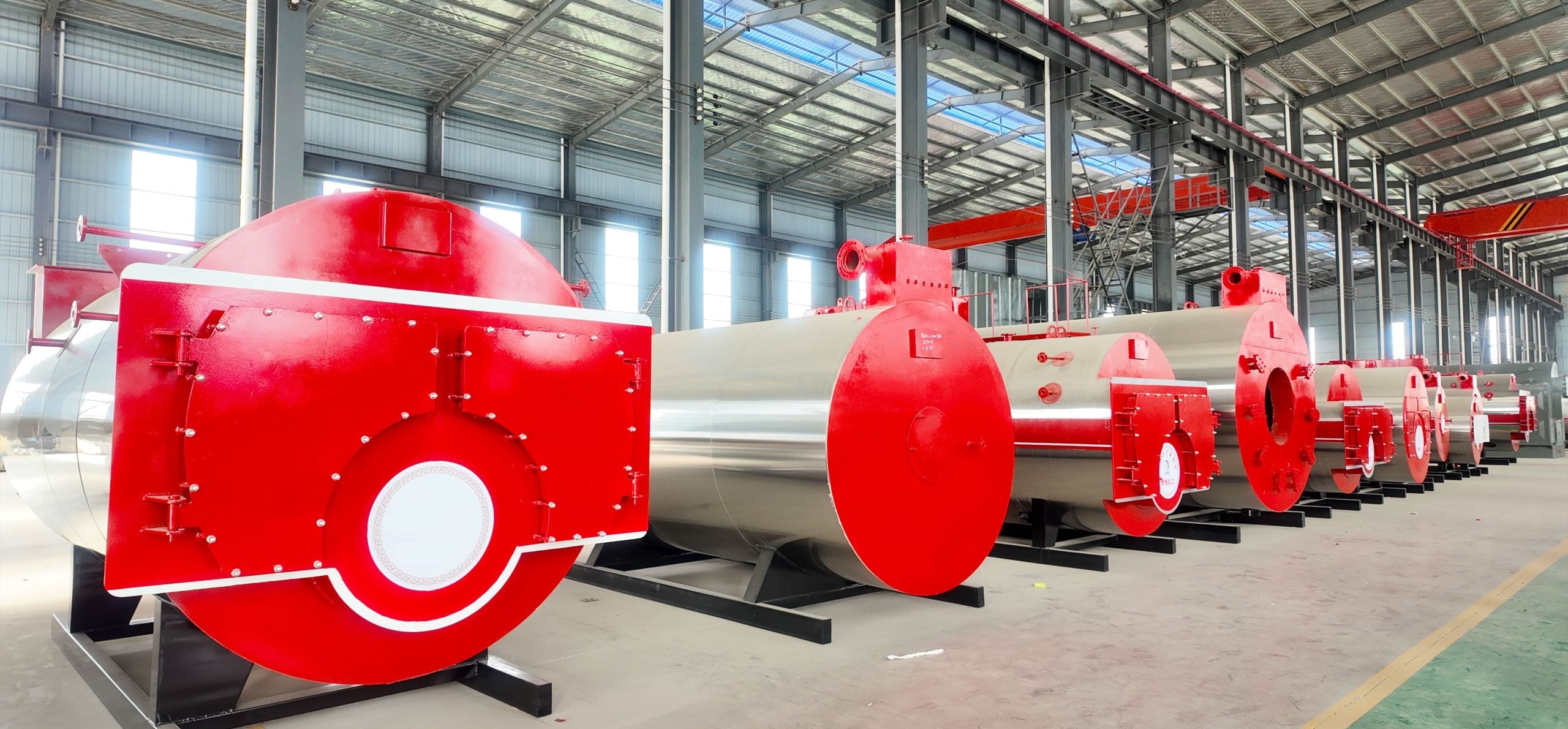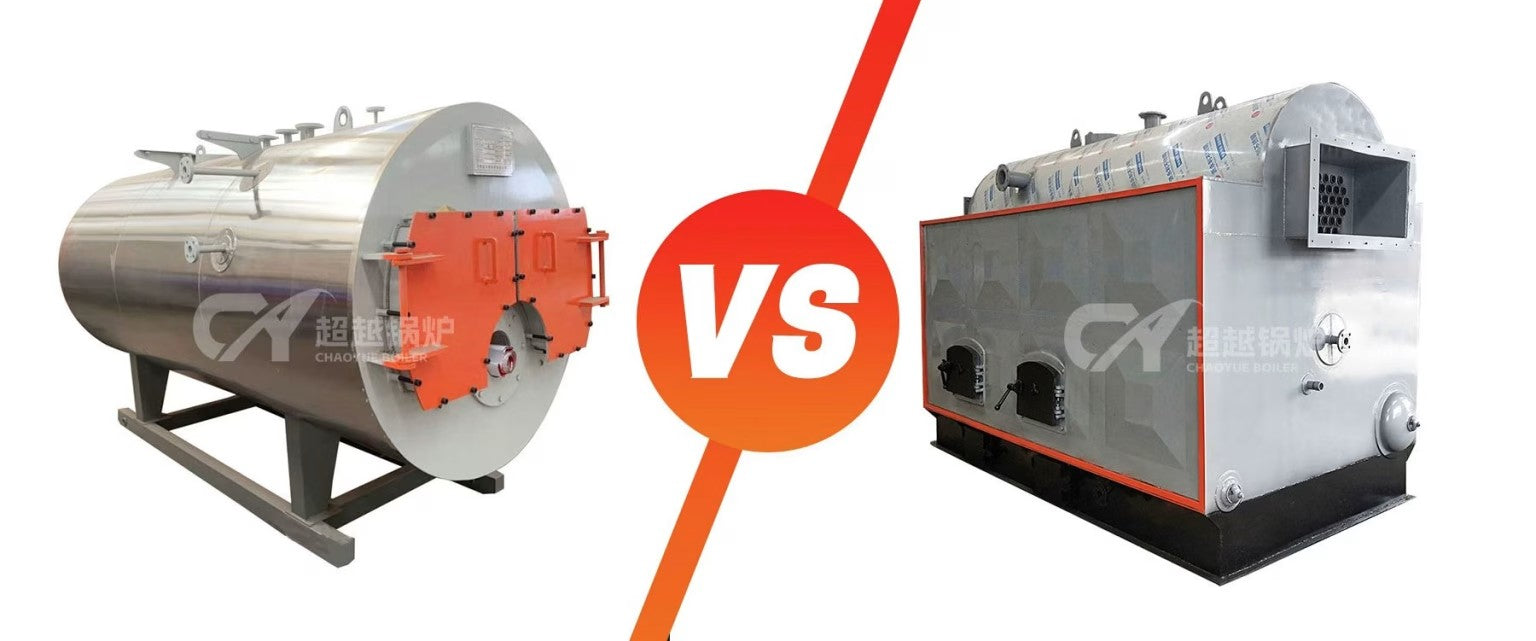
What is a biomass boiler
A biomass boiler is a heating device that uses biomass energy as fuel. Its core principle is to generate heat energy by burning biomass materials (such as sawdust, straw, rice husks, etc.), and then provide hot water, steam or heating services. This type of boiler typically adopts advanced combustion technology to ensure efficient energy conversion and low pollution emissions. It is an important direction for the utilization of renewable energy and conforms to the concept of sustainable development.

The functions of biomass boilers
The main function of a biomass boiler is to convert biomass fuel into usable thermal energy for heating needs in industrial or civil fields. For instance, it can provide the steam needed for production in factories, or offer heating and hot water for buildings. In addition, some biomass boilers also have the function of power generation, achieving multi-level utilization of energy through cogeneration systems. Its automatic control system can regulate fuel supply and combustion processes to ensure stable operation and maximum efficiency.

Environmental benefits
The significant environmental benefit of biomass boilers lies in their carbon-neutral characteristics. The carbon dioxide released by burning biomass is roughly equal to the amount absorbed by plants during their growth process, thus having a relatively small impact on the atmospheric carbon cycle. Compared with fossil fuel boilers, it significantly reduces greenhouse gas emissions and lowers pollutants such as sulfur oxides and nitrogen oxides. In addition, using agricultural waste as fuel also helps reduce garbage accumulation and environmental pollution, and promotes ecological balance.
Economic benefits
From an economic perspective, biomass boilers can help users reduce energy costs. Biomass fuel is usually widely available and inexpensive, especially in rural areas or agricultural production regions, where local resources can be fully utilized to reduce transportation costs. Over long-term use, it can also reduce reliance on fossil fuels and cushion the risk of energy price fluctuations. Governments often offer subsidies or tax incentives to renewable energy projects, further enhancing their economic appeal.
Application and Future Development
Biomass boilers have seen wide application in fields such as heating, power generation, and industrial production, with rapid adoption across various regions in Europe and Asia. Ongoing technological advancements continue to enhance their efficiency and environmental performance. For example, the integration of carbon capture technology may enable such systems to achieve negative emissions. Against the backdrop of a global energy transition, biomass boilers are poised to play an increasingly important role in building sustainable energy systems and driving green, low-carbon development.


